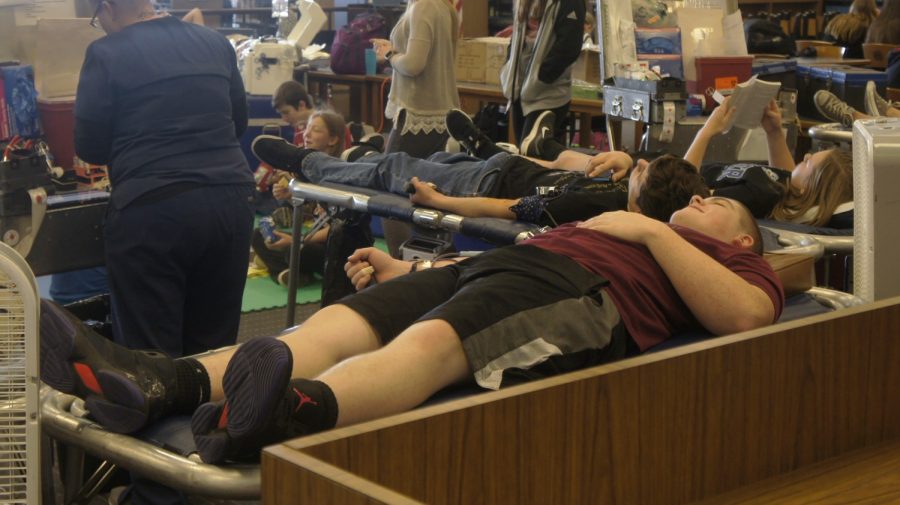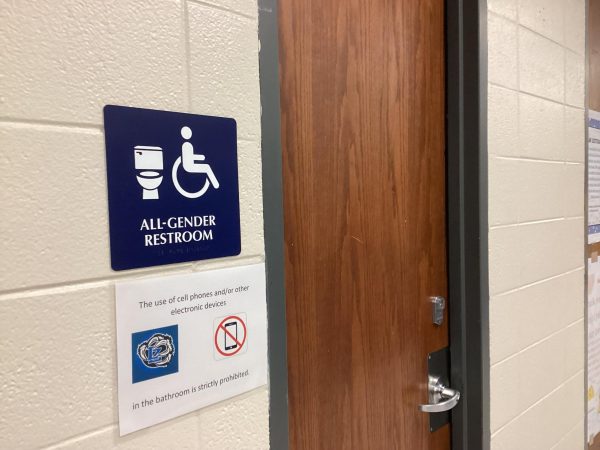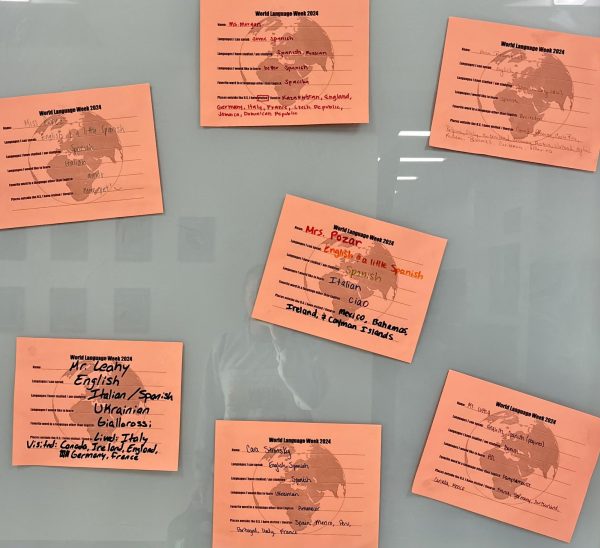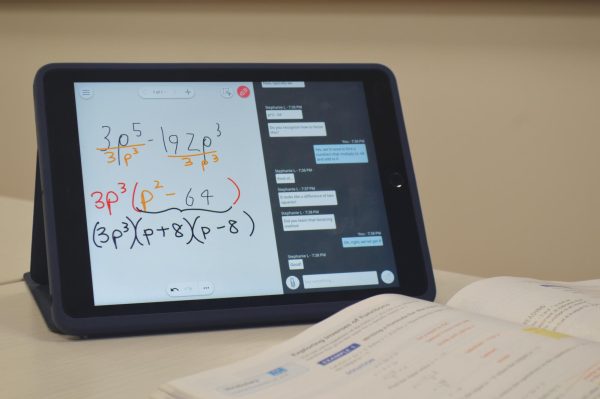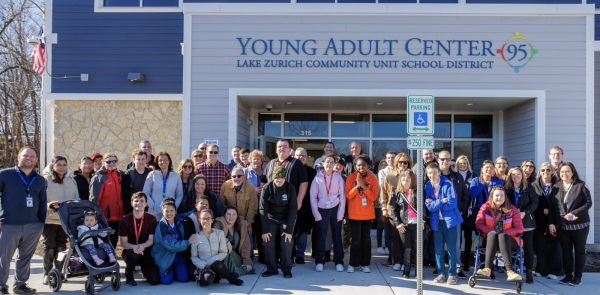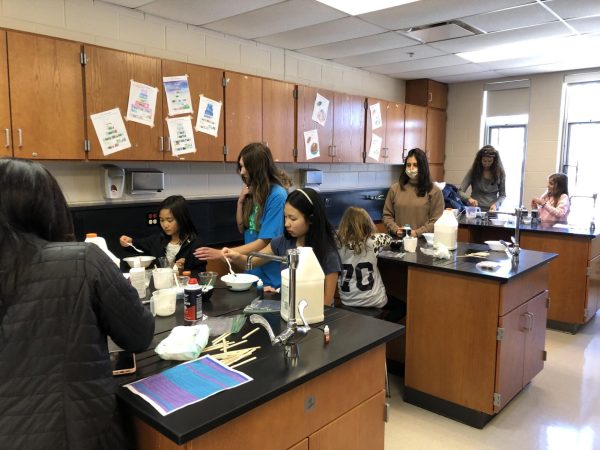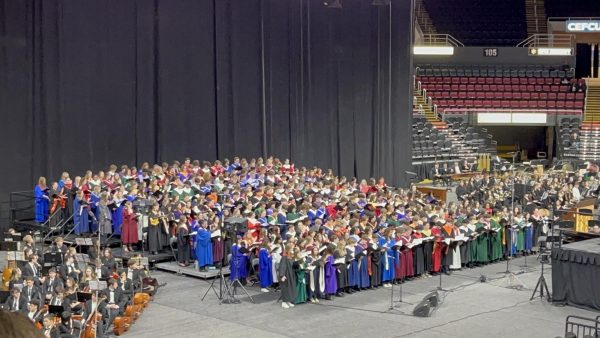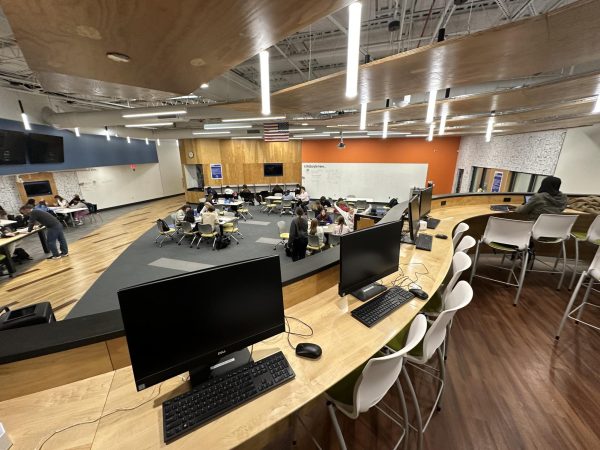Student Council hosts blood drive, saves lives
Student Council will be working with Heartland Blood Centers to host the spring blood drive on April 21. Volunteers will be taking donations in the library from third to eighth period.
Student Council has been holding blood drives, twice a year, for over 20 years with very positive results. According to Christopher Bennett, Student Council co-sponsor, collecting over 100 pints of blood is considered a successful blood drive, a goal that has been met, year after year. The last blood drive, in the fall, collected 108 pints of blood.
“We’re not changing anything too much because, honestly, there’s not really much to change. We fill all of our slots every time,” Bennett said. “If people do want to sign up, they should sign up early because once all 160 slots are filled, the slots are filled. The sign up sheet’s in the main office. Ideally, students should shoot for signing up during their lunch or study hall.”
With the help of the volunteers from Heartland and the school, the two chairs, senior Devon Kennedy and junior Maxx Wayne, are responsible for keeping the blood drive smooth and organized, but before then, their job is to get the word out to all potential donors.
“If you’re on the fence about donating, [consider that] you’re not really losing anything; you may be losing blood, but your body makes more. It’s for a good cause, and you get a free water bottle,” Kennedy said.
Heartland donates all of the collected blood to local, nearby hospitals for various medical purposes. Heartland says that every pint of blood collected is basically one life saved. Blood donations can save many lives, so Student Council encourages everyone to participate.
“If you ask anyone who has donated before, they’ll tell you that it’s quick, painless, and very easy. You should be in and out in about a class period,” Bennett said. “A lot of people are scared because they think that it’s going to hurt, but it’s honestly very quick, very painless, and you could save a life.”
Students must be at least 17 years of age to donate, or 16 years old with written permission from a parent/guardian.
This is Ian, a 6’2” man in his mid-seventeens and the only senior on staff. Outgoing and experienced, right? Ha ha… not exactly. He’s a total dork...

